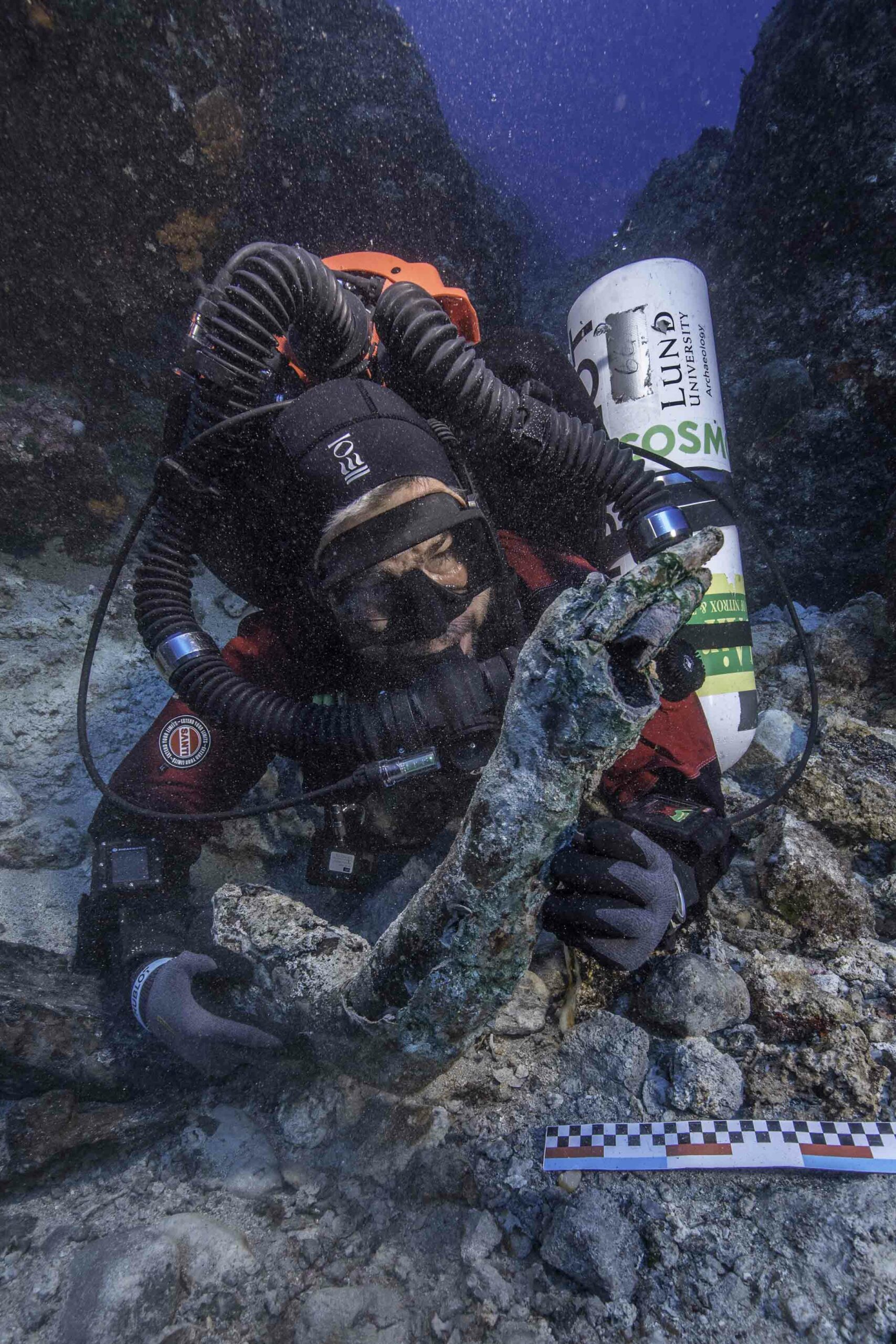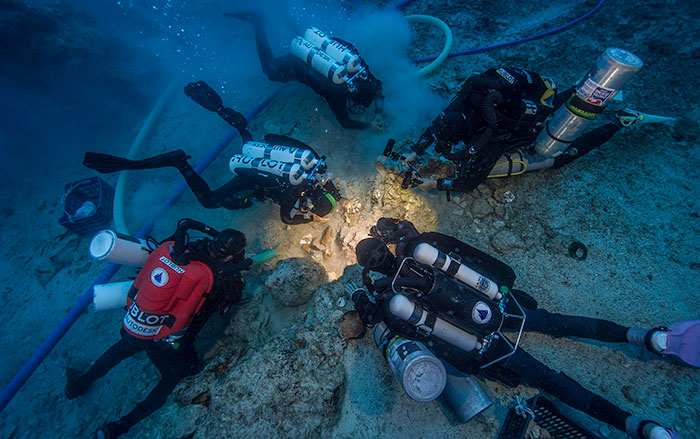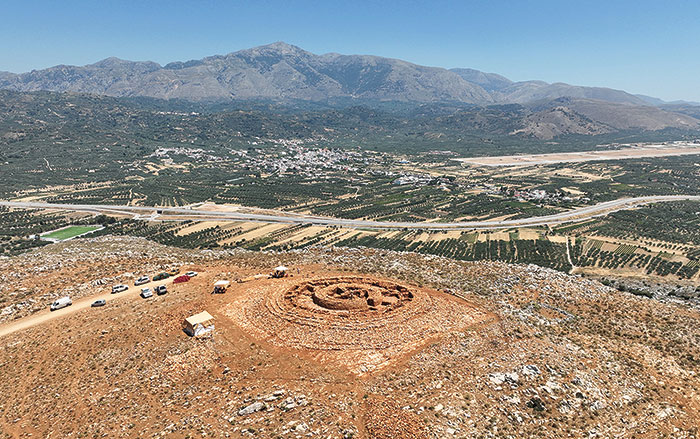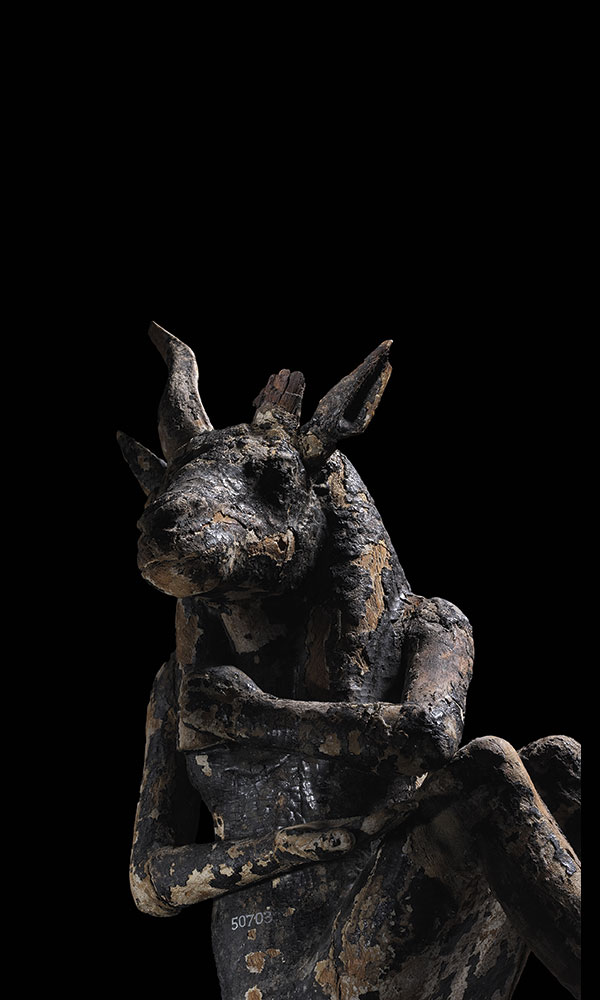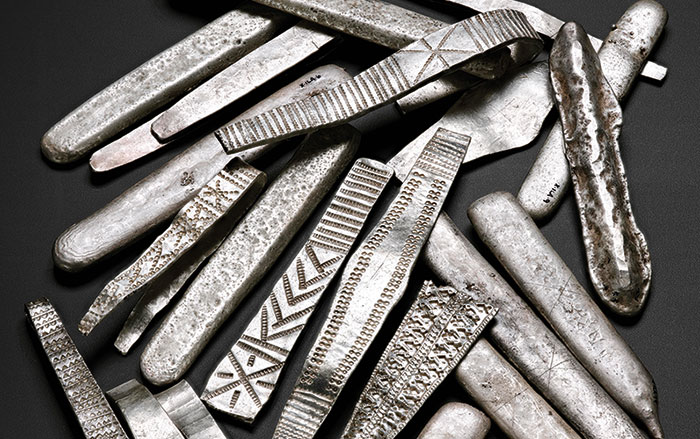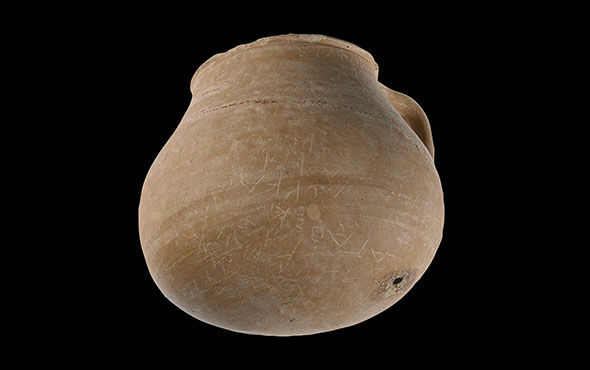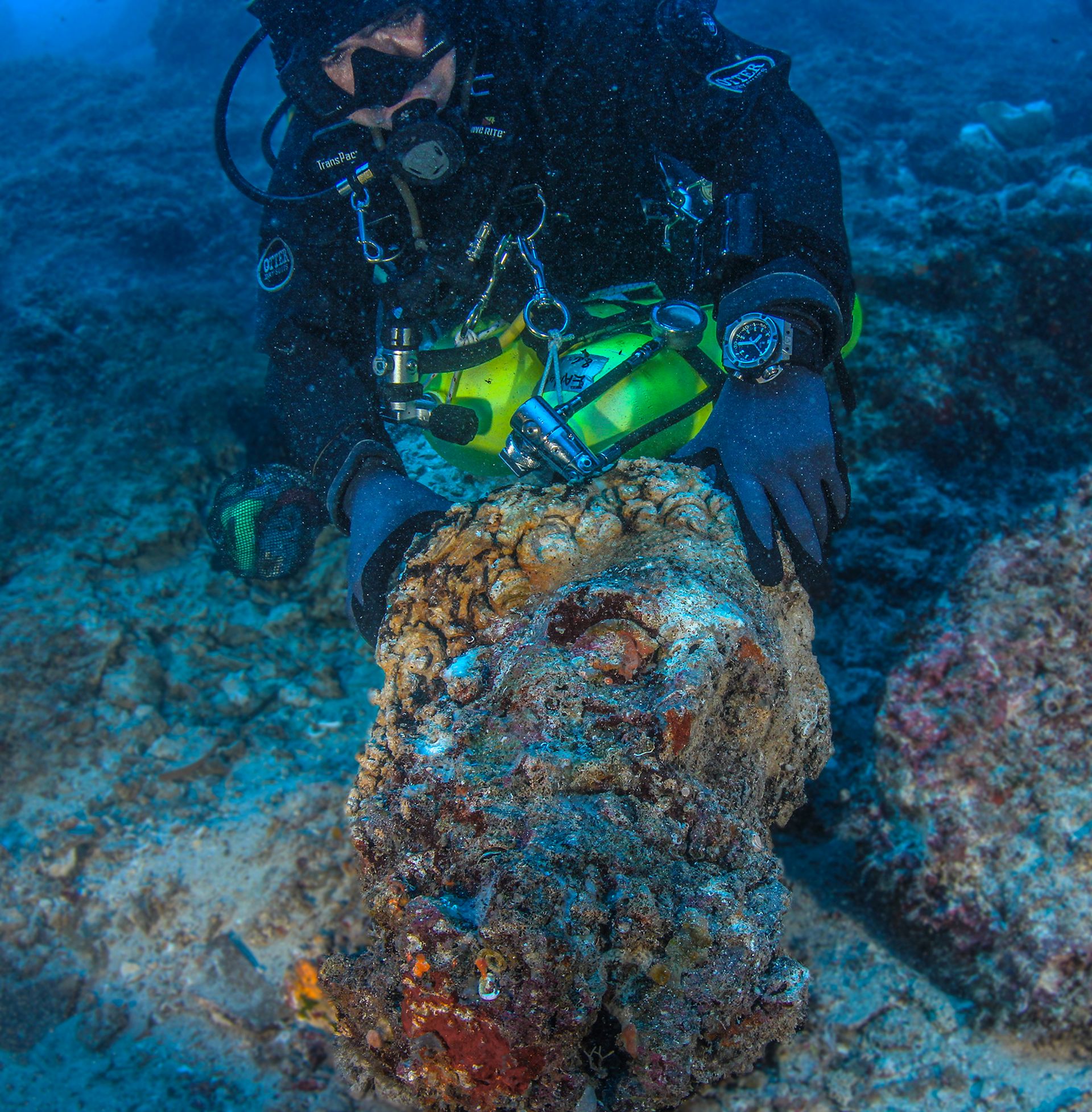
ATHENS, GREECE—According to an Ars Technica report, a bearded marble head was recovered from the Antikythera shipwreck by an international team of researchers led by Angeliki G. Simosi of the Ephorate of Antiquities of Evia after several large boulders that had been partially covering the wreck were removed. Discovered by a sponge diver in 1900, the ship sank while carrying a cargo of sculptures and other luxury goods, including the so-called Antikythera mechanism—an approximately 2,100-year-old device thought to have been used to display the movements of the five known planets, the sun, the phases of the moon, and the solar and lunar eclipses around the Earth. The newly discovered head may belong to a headless statue known as the “Herakles of Antikythera,” which was recovered from the wreckage more than 100 years ago. The researchers also recovered a marble plinth with the lower legs, two human teeth, and several pieces of ship’s equipment. Microanalysis of soil samples collected at the site could help scientists determine the ship’s dimensions. To read about human remains that were previously recovered from the wreck, go to "Antikythera Man," one of ARCHAEOLOGY's Top 10 Discoveries of 2016.


